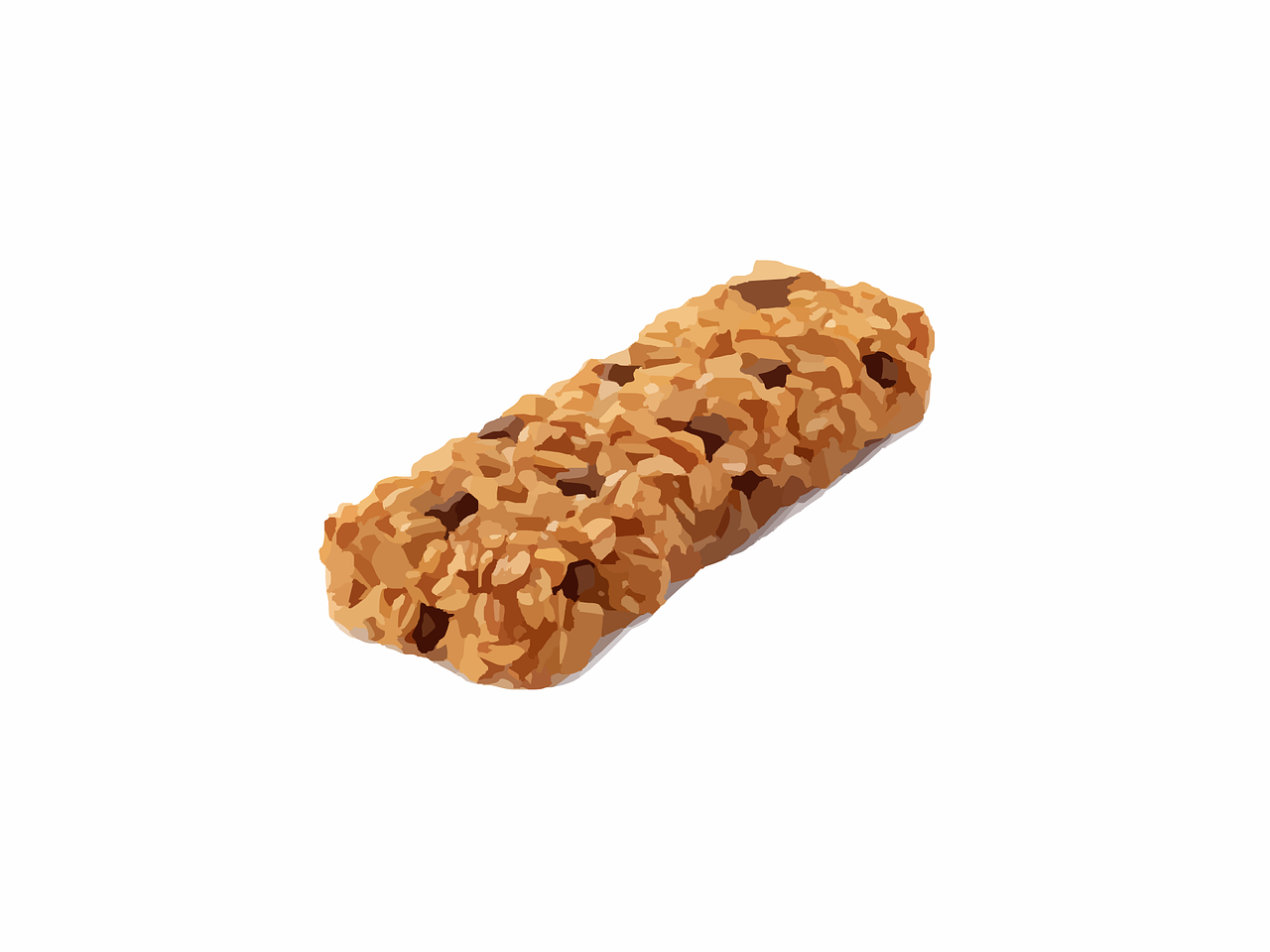Are protein bars good for you? In today’s fast-paced society, protein bars have become a popular snack food not only for athletes, but also for anyone who needs a nutritional boost. There are different types of protein bars — energy bars, high-carbohydrate bars, breakfast bars, diet bars, meal replacement bars, and brain-boosting bars. Due to the different types of bars and ingredients used, many consumers may feel confused as to which product to choose.
Many people prefer protein bars because they are an easy way to add protein and other nutrients for busy and active people. This article will discuss whether protein bars are healthy, what health benefits they may offer, and in what ways they can be incorporated into your lifestyle.
Protein Bar Nutrition
The nutrients present in protein bars differ significantly between brands — and also between flavors, due to their varying ingredients. Ingredients may include dates and dried fruits, whole grains like oats and quinoa, nuts, and seeds. In addition to protein and carbs, protein bars often contain nutrients like calcium, potassium, magnesium, phosphorous, iron, and Vitamins B and E.
The source of protein also differs. Some use yogurt powder, milk, or other dairy products such as casein and whey. Others use plant-based sources such as pea, soy, or brown rice. Others use egg whites, while some rely on nuts and seeds. Moreover, some use highly concentrated sources of protein such as whey or soy protein isolates.
Most protein bars contain 150 to 400 calories with 10 to 20 grams of protein, although some may contain up to 30 grams of protein. An average protein bar contains 25 to 35 grams of carbs, 5 to 10 grams of fat, and 5 to 10 grams of fiber.
The nutritional values offered by a protein bar vary significantly between brands and flavors because of the ingredients used. This affects the protein, fiber, fat, and carb contents, and also which vitamins and minerals the protein bars contain.
When examining the ingredients on the label, you should be aware that some brands use a proprietary blend of ingredients without disclosing the details on the packaging of their product. Also, many protein bars contain high amounts of sugar and even use unhealthy sweeteners such as high fructose corn syrup, increasing the risk of diabetes, fatty liver, and obesity if taken in high amounts.
Are Protein Bars Good for You? Potential Benefits of Protein Bars
1. Convenient source of nutrients
 Protein bars are simple, ready-to-eat, and nutritious snacks. They also come in a variety of flavors and are not readily perishable, making them convenient items to keep in your bag or on your food shelf.
Protein bars are simple, ready-to-eat, and nutritious snacks. They also come in a variety of flavors and are not readily perishable, making them convenient items to keep in your bag or on your food shelf.
Protein bars are a great snack food during travel, before or after workouts, and as a snack to help maintain balanced blood sugar during busy days. They’re an ideal “quick snack”, especially at times when going to a convenience store is not possible.
2. Provide protein, carbs, fats, minerals, fiber, and vitamins
Eating protein bars as a snack before or after a workout will boost your energy during exercise and will help in muscle repair afterwards, because of the protein and carbohydrate content of the bars.
Protein bars also contain dietary fibers necessary for digestive health and help minimize overeating between meals. Eating fortified protein bars will provide you with important minerals like iron, calcium, potassium, phosphorous, and magnesium, as well as vitamins B and E, helping you achieve your daily requirements for these micronutrients.
3. Help in weight loss for overweight people
 Many people eat protein bars to help them support their weight loss journey. Some research shows that high protein diets help healthy weight loss better than diets with a standard amount of protein. This is likely because of the filling effects of protein, which will reduce your appetite, thus, helping to prevent overeating.
Many people eat protein bars to help them support their weight loss journey. Some research shows that high protein diets help healthy weight loss better than diets with a standard amount of protein. This is likely because of the filling effects of protein, which will reduce your appetite, thus, helping to prevent overeating.
Note that if you decide to use protein bars to lose weight, you must eat a balanced diet and have regular exercise. You should also check and be aware of the number of calories listed on the label.
4. Help in weight gain for underweight people
For a person to gain weight, they must consume more calories than they usually burn in a day. If this is your goal, adding protein bars to your diet may be helpful. Many protein bars are rich in calories, such that they can provide significant amounts of calories in one serving, eliminating the need for eating extra food.
For example, some protein bars contain more than 350 calories which can be easily consumed between meals, adding extra calories to your diet and promoting weight gain. However, if in your objective of gaining weight you opted to eat protein bars, choose those that have healthy ingredients rather than those with added sugar and unhealthy additives.
5. As a meal replacement
Protein bars are sometimes used as an easy way to replace a meal, especially during breakfast. Although a protein bar cannot give the full benefits of a healthy breakfast, it can be an option in some cases. Choose protein bars with 15 or more grams of protein, with some fiber, and also fortified with 35% or more of RDAs for vitamins, and minerals. Meal replacement bars are larger than the other protein bars, and have higher levels of protein, carbohydrates, and fats.
6. Help in muscle gain
 If you are an active person with lots of muscle mass or someone who wants to gain muscle, adding more protein to your diet will help a lot.
If you are an active person with lots of muscle mass or someone who wants to gain muscle, adding more protein to your diet will help a lot.
Researchers suggest that supplementing your diet with protein will increase muscle mass and improve your performance if you have a good physical activity level and adequate diet. The American College of Sports Medicine recommends that endurance and strength-trained athletes consume 1.2 to 1.7 grams of protein/kg of body weight.
Conclusion
Are protein bars good for you? Protein bars are convenient sources of food nutrients such as protein, carbs, vitamins, minerals, and fiber. Also, they may curb appetite and minimize weight gain, provide energy during workouts, and support muscle repair after heavy exercise. However, eating protein bars cannot replace the quality and nutrient composition of whole foods offered by regular meals.
Since there are plenty of protein bars available in the market today, choosing the brand best for you may be difficult. Choose one that uses natural sweeteners such as dates or stevia (not high fructose corn syrup), fat sources coming from whole nuts and seeds, not from highly processed plant oils (canola, palm, peanut, or soybean), and brands that are low in calories.
At FITin56, we strongly recommend a plant-based diet. A great source of organic plant-based vegan protein bars is Orgain.
If you want to know how to be fit and healthy, sign up to FITin56 now!

